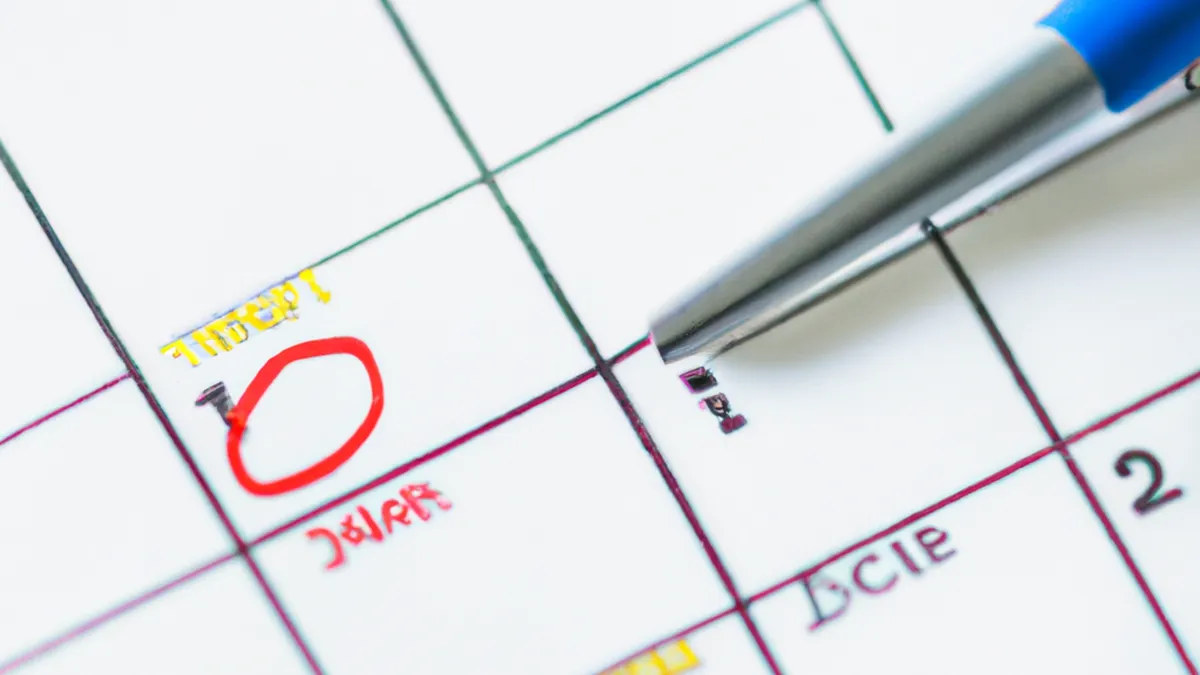Tips for Productive Post-Event Team Discussions
Best Practices for Conducting Effective Team Debriefs After Events
Debriefs play a vital role after events. They help teams reflect on performance and strategize for improvements. An effective debrief provides insights that shape future projects. In this post, we will discuss best practices for team debriefs that enhance improvement and team morale.
Set a Clear Purpose
Establish a clear purpose for the debrief. Define your goals before gathering the team. Whether you analyze successes or identify challenges, clarity keeps discussions focused.
Start with an agenda. Share it in advance to give everyone time to prepare. A structured agenda guides conversations and ensures critical areas receive attention. Include sections like “What Went Well,” “Areas for Improvement,” and “Action Items” to promote organization and time management.
Create a Safe Environment
Create a safe environment to encourage open communication. Team members should feel comfortable sharing thoughts without fear of judgment. Avoid blaming individuals for mistakes; instead, focus on collective learning.
Set ground rules at the beginning. Promote respectful dialogue and active listening. Remind everyone that improvement, not criticism, is the primary goal. This approach builds trust and leads to honest feedback. When individuals feel safe, they contribute valuable insights.
Use Open-Ended Questions
Open-ended questions stimulate discussion. They invite team members to share insights and experiences. Instead of asking, “Did you like the event?” try, “What aspects of the event worked well for you, and why?” This approach encourages deeper reflection and meaningful responses.
Use prompts that encourage exploration. Ask team members how they felt during specific moments or what they would do differently. Follow-up questions clarify points and foster further discussion. If someone mentions a challenge, ask how to address it in the future. This approach develops actionable solutions.
Document Key Takeaways
Document key takeaways for future reference and accountability. Assign someone to take notes during the debrief. This person should capture insights, suggestions, and action items discussed.
After the meeting, share the notes with the entire team. This ensures everyone accesses the information and allows team members to review the discussion later. Keeping a record of these debriefs promotes accountability.
Conclusion
Effective debriefs foster improvement, communication, and team cohesion. Implement these best practices to enhance future projects and team dynamics.
Below are related products based on this post:
FAQ
What is the purpose of conducting a team debrief after an event?
The purpose of a team debrief is to reflect on performance, identify successes and challenges, and strategize for future improvements. It provides valuable insights that can shape future projects and enhance team dynamics.
How can a team create a safe environment during a debrief?
A safe environment can be created by encouraging open communication and setting ground rules that promote respectful dialogue and active listening. Team members should feel comfortable sharing their thoughts without fear of judgment, focusing on collective learning rather than individual blame.
Why are open-ended questions important in team debriefs?
Open-ended questions are important because they stimulate discussion and encourage team members to share deeper insights and experiences. They invite participants to reflect meaningfully on their experiences, leading to more constructive conversations and actionable solutions.















Post Comment